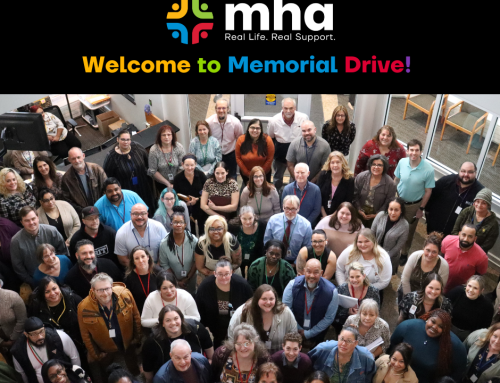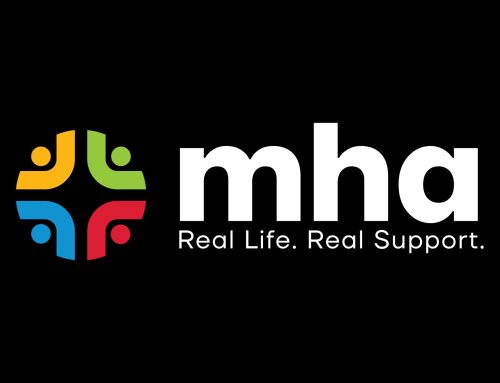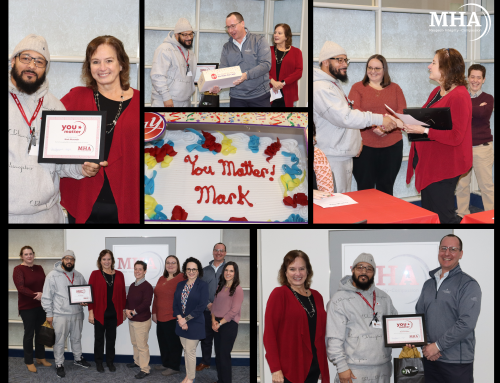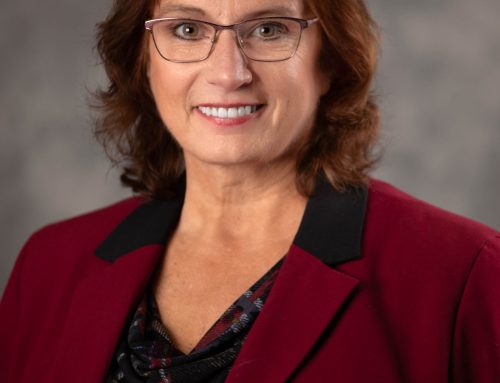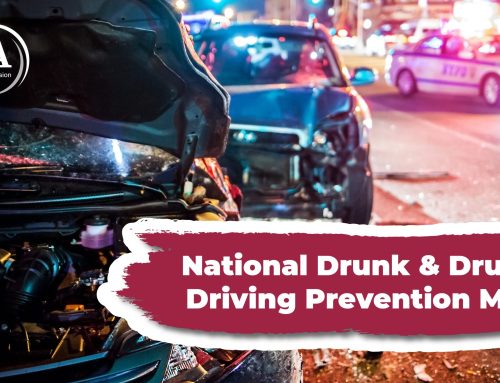 I am a Recovery Coach Supervisor at the Mental Health Association. I use my own long-term recovery and certification in the field to help motivate others with addiction to enter recovery and manage their own pathway to sobriety.
I am a Recovery Coach Supervisor at the Mental Health Association. I use my own long-term recovery and certification in the field to help motivate others with addiction to enter recovery and manage their own pathway to sobriety.
International Overdose Awareness Day, Aug. 31, brings to mind how I learned early in my career that this work is about wins and lessons and the pressure of time. I attended a weekly support group that is part of MHA’s residential recovery program for those with a substance use diagnosis whose members back then included a woman named Ro. I would talk informally with Ro, along with others, before and after the session and after several sessions Ro asked me to be her recovery coach. I understood the courage it took to take this further step into recovery and I immediately put through a referral to make my coaching services part of her team of support. While waiting for approval, I checked back with program staff and learned Ro had left the program.
I was not discouraged– recovery is a jagged pathway – and Ro knew she could return to the program as well as reach out to me. It was not to be as the disease that is addiction ended her life five days after she left the program and one week after asking me to be her recovery coach. All hope and promise extinguished. It was too late to talk further about risks and rewards. No time to talk through the pain that got in the way of any awareness of a possible overdose.
This is why recovery coaches feel the pressure of the clock. Windows can open and close for a detox bed, a spot in a program or sober house, and in the chaotic mind of someone actively using substances but contemplating their loss of control. Time can feel so miniscule in the preparation stage of change right before an individual takes the step into the action stage. Someone can slide back into the contemplation stage in the blink of an eye and all momentum forward is lost. It can be stressful to everyone involved and is a sinking feeling, but it is still better than when time stops dead for someone with the disease who overdoses.
Many who work in the field of addiction services have their Ro as do many families and, sadly, with the universal presence of fentanyl in street drugs, the number of individuals whose lives end in overdose continues to rise. This is why, along with continued expansion of access to treatment and campaigns to end the stigma around seeking it, there needs to be more tools to keep individuals alive who are not in recovery. Harm reduction kits with clean syringes and strips to test any street drug for fentanyl can help keep their clock from stopping and give an active user another day to consider recovery. Medication-assisted treatment can help someone stay in recovery. This is true overdose awareness.
What happened to Ro does not need to keep happening if we meet someone with an addiction where they are in their addiction. This is what I strive to do as a peer recovery coach. Recovery is a daily fight. I work at keeping my own disease in remission and work to help others be and stay motivated to keep their sobriety. I do this for the Ro’s who cannot and to prevent others from losing their fight.
This is why recovery coaching to me means wins and lessons. Awareness of the Ro’s has made me more determined not to get stuck in loss as that takes away from all the other clocks that are still running and there is no time for that in the world of fighting addiction.
Tommy Smyth
Recovery Coach Supervisor
BestLife Emotional Health & Wellness Center, Mental Health Association

